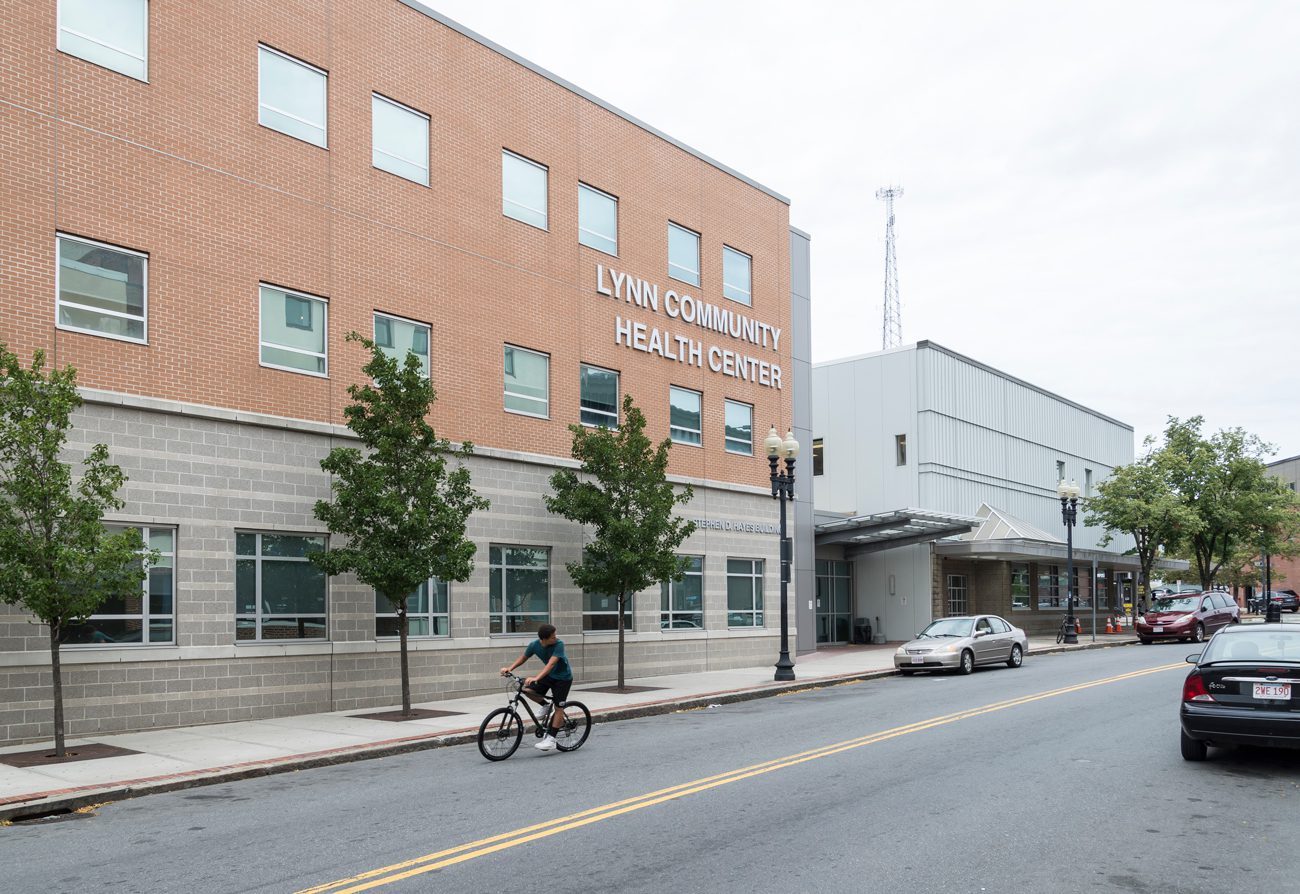LYNN — Through its partnership with the Lynn Community Health Center, Boston-based nonprofit Project Bread has treated 485 individuals struggling with food insecurity in the two years since the two organizations formed a partnership.
Project Bread receives referrals from the different physicians and community health workers at LCHC for individuals who are food insecure, and have some sort of medical diagnosis. Project Bread then works with patients to ensure that they have access to healthy eating through programs that distribute refrigerators and kitchen supplies, teach cooking, and hand out grocery store gift cards.
Jennifer Obadia, Project Bread’s director of health care partnerships, said that the partnership has allowed the organization to provide over $430,000 in grocery store gift cards to Lynn residents over the last two years. Obadia also said that of the 485 Lynn residents treated, all of them requested and received cooking supplies.
“Every single person that we worked with from Lynn requested some support in terms of kitchen goods and equipment, and then about a quarter of them participated in our cooking classes, and the same amount participated in one-on-one counseling,” Obadia said. The organization has also distributed 34 refrigerators to Lynn residents over the course of the partnership, she said.
The primary problem relating to food insecurity in Lynn is the city’s high cost of living, Obadia said, and rising rent prices and inflated living costs often make food a last financial priority for those struggling to make ends meet.
“Working families are doing their best, and they are faced with so many competing expenses, increasing rates of these expenses, that there’s just not enough. The resources just aren’t enough to carry them through the month,” she said. “Oftentimes, folks are juggling paying rent on time versus paying their utilities versus health care bills. And oftentimes, unfortunately, it’s sort of what’s left over at the end of paying all those basic necessities, that goes to food.”
Currently, individuals under 65 can qualify for nine months of food support through Project Bread. Obadia said that because fear of deportation can hinder undocumented immigrants from applying for federal food aid, Project Bread does not ask questions relating to immigration status during their screening process.
“There’s a very large Hispanic, or Latinx, community in Lynn, [and] because there are members of households with all sorts of different types of legal or different types of residential status, that makes things harder sometimes for families,” Obadia said. “We’re not asking any of those questions.”
In a written statement, CEO at LCHC Kiame Mahaniah related food insecurity and hunger to segregation.
“Food insecurity is one of the great shames of our society,” Mahaniah said. “Just as we looked upon segregation as a crime against basic humanity, 100 years from now, our descendants will look back and wonder how we could have been so cruel as a wealthy society to let our children go hungry. Through the Flexible Services program, our patients have access to healthy food as well as cooking supplies and new skills to make healthy meals for their families. Programs like this are not only an important investment as we move toward a value-based health care system but also rescues us from the abyss of allowing such deep suffering.”
Anthony Cammalleri can be reached at [email protected].

